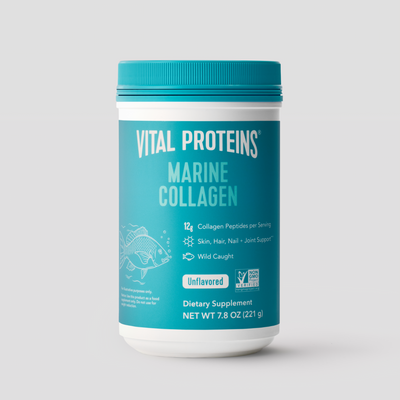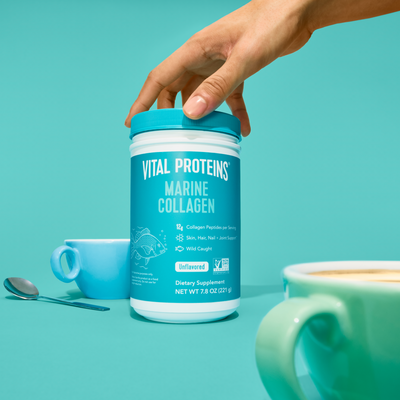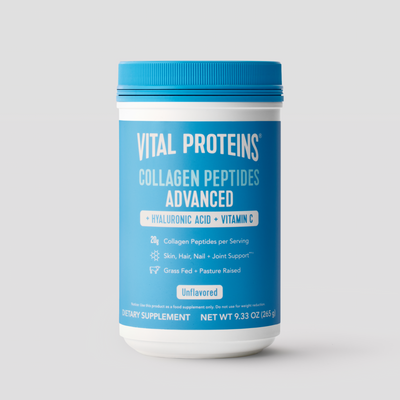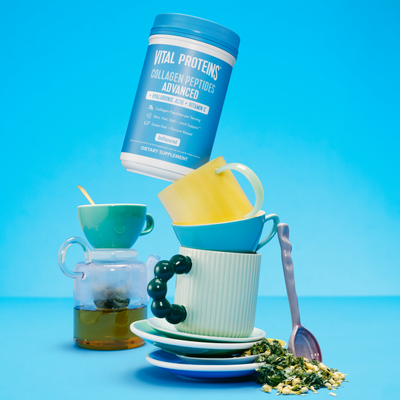By: Sarah Schlichter, MPH, RDN
Understanding nutrition can be a challenge in today’s culture. One day, eggs are touted as a “healthy breakfast option,” and the next day, they are demonized and labeled “unhealthy.”
So often, mainstream culture sends messages about things we have to remove from our diets and lifestyles to achieve optimal health. While the intent behind these messages may be innocent and an attempt to portray new recommendations about health and nutrition to the greater public, they can also come across as confusing and misleading.
Furthermore, telling consumers to remove certain foods from their diets and lifestyles can lead to feelings of deprivation and backlash. Instead, what if we were to focus on adding things to our lives for better nourishment and well-being? A positive, more inclusive approach sends the message that all foods can fit and trying to include more of a specific health behavior or food may further improve health.
These recommendations are backed by science and can have a positive effect on overall well-being. Which ones will you start incorporating into your routine?
RELATED: How to Eat Healthy When You're Really, Really Busy
5 Ways to Completely Elevate Your Wellness Routine

1. Add More Fiber to Your Diet
Fiber is one nutrient that the majority of Americans aren’t getting enough of. The daily recommendation ranges from 25 grams per day for women to 38 grams per day for men. Fiber offers several health benefits, such as aiding in normal digestion, bowel regularity, and helping with satiety. Fiber should be included in all meals and snacks because it also helps to balance blood sugar levels. Foods with fiber (fruits, vegetables, whole grains and legumes) also offer several other essential nutrients that help with overall health.

2. Pack on the Probiotics
Gut health continues to be a trendy topic as we learn more about how our gut is connected to our overall health and wellbeing. Nearly 70-80% of our immune system actually resides in our digestive tract, a huge factor to consider when working to improve gut health.
Probiotics, live strains of bacteria in and around our bodies that we get through certain foods, offer many health benefits. There are also specific health benefits of probiotics for women. Probiotics are touted for improving digestion, managing anxious feelings and mood, managing blood sugar, and establishing normal bowel habits. Future research may even provide answers about how specific strains of probiotics may help with some serious illnesses.
Try including foods like yogurt, kefir, sauerkraut, kimchi, tempeh, and miso into your diet, as all are high in probiotics. Prebiotic foods, like garlic, onion, leeks, artichokes, asparagus, bananas, apples, oats, barley and wheat bran, are also fabulous “gut health” supporters because they provide food for the probiotics to thrive off of. Both prebiotics and probiotics are important for gut health.
RELATED: The Benefits of Eating Whole Grains

3. Get More Sleep
Sleep is another health habit that many Americans skimp on. With hectic lifestyles, sleep is often the first thing we sacrifice in an attempt to get everything done. Yet, skimping on sleep is one of the worst things we can do. Adequate sleep plays a significant role in our health and carries over into just about every part of our lives.
When we don’t get enough sleep, our motivation and concentration is affected. Inadequate sleep can also have an effect on the foods we crave and our appetites. For example, we know from research that a lack of sleep can elevate our hunger hormones and reduce our fullness hormones.
Try avoiding caffeine later in the day and limiting blue lights and screen time before bed to aid in your sleep hygiene. Establishing a relaxing bedtime routine can also help. Looking for a supplement? Vital Proteins Sleep Collagen Shot – a fan-favorite product! – helps to promote a restful night’s sleep thanks to snooze-inducing ingredients melatonin, magnesium, and GABA.
4. Try Meal Prepping
The idea of meal planning doesn’t necessarily mean a rigid meal plan to follow. Instead, it’s the idea of prepping some food, snacks, or even food ingredients ahead of time to make your days and weeks easier. Meal prep can lead to healthier choices in the moment (if food is already prepped) and can also save time that can then be spent on other positive activities, like social connection, exercise, or sleep.
Meal planning doesn’t have to be all or nothing, and it can be as simple as needed. Meal planning should fit into your lifestyle. If that means just chopping up fruits and vegetables ahead of time so you have them pre-made and ready as healthy snacks, that’s a great first step. Alternatively, if you have the time and desire to cook extra or plan meals earlier in the week, prep lunches for the week, or plan out meals for each night, those are also options for meal planning.
RELATED: How Much Hydration Do You Need for Your Workouts?

5. Drink More Water
While the actual amount of water needed per day does vary per individual, most of us probably need to drink more than we are currently consuming. There are several health benefits to staying hydrated, especially considering that more than half of our bodies consist of water!
Not only does water help deliver those nutrients we get from food to our cells, it prevents cramping and can aid in physical performance. Water also helps with digestion, concentration, brain function, and managing energy levels.
If you like your water with a burst of flavor, consider Vital Proteins Collagen Water – available in Original, Strawberry Lemon, Blackberry Hibiscus, Blueberry Mint, and Lemon Ginger – which contains 10g of collagen and is one of the best hydration drinks around, if we do say so ourselves.


















